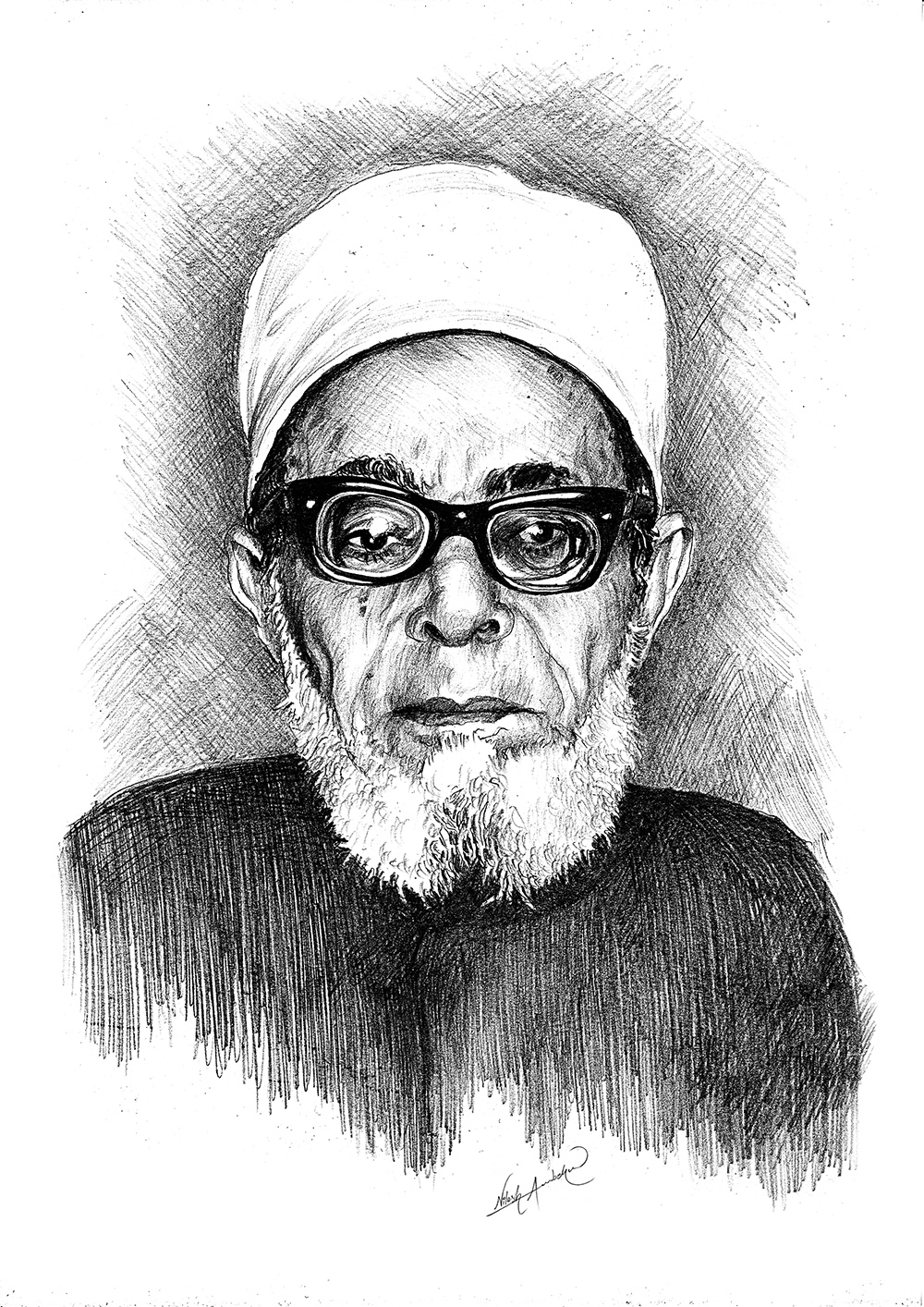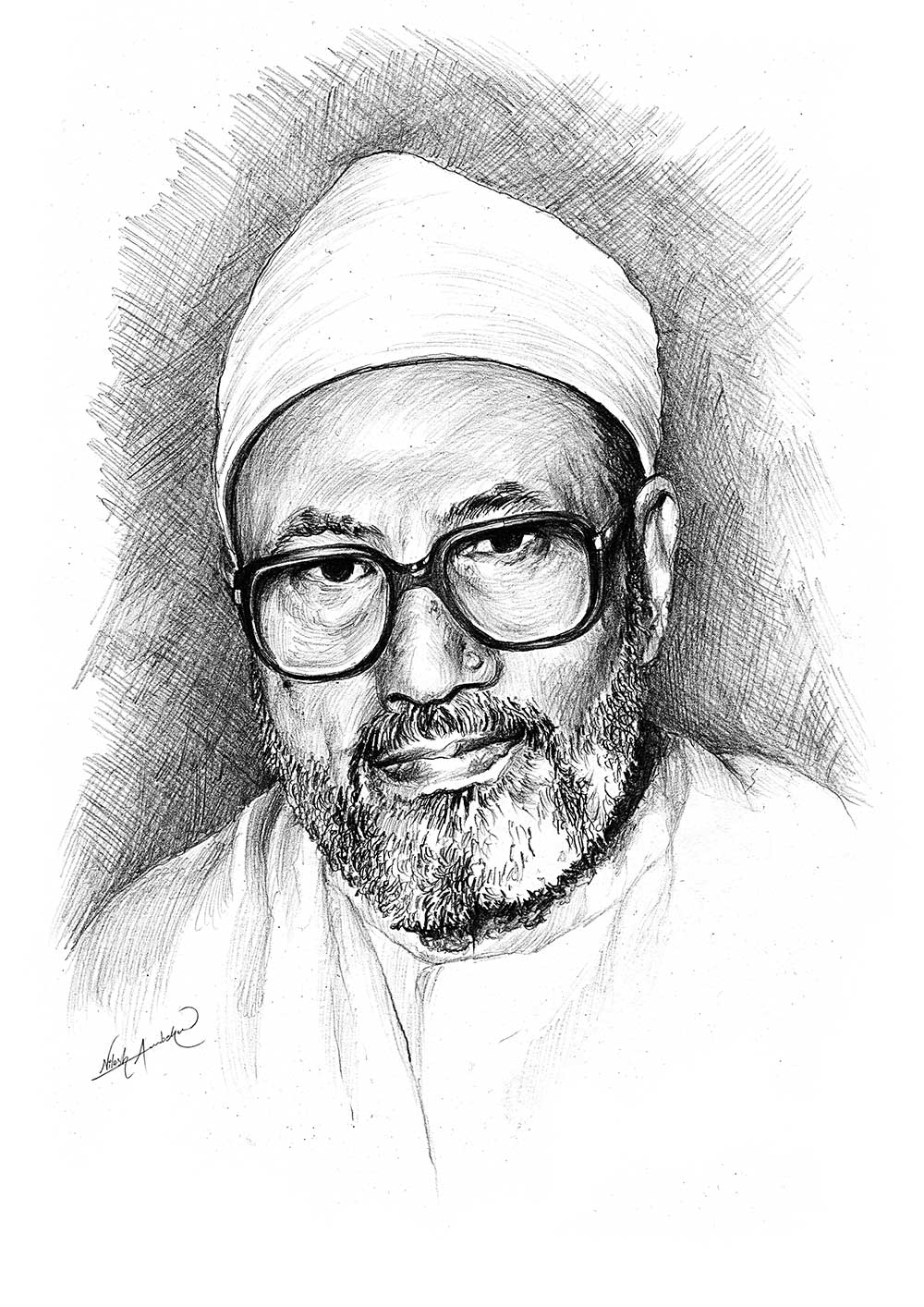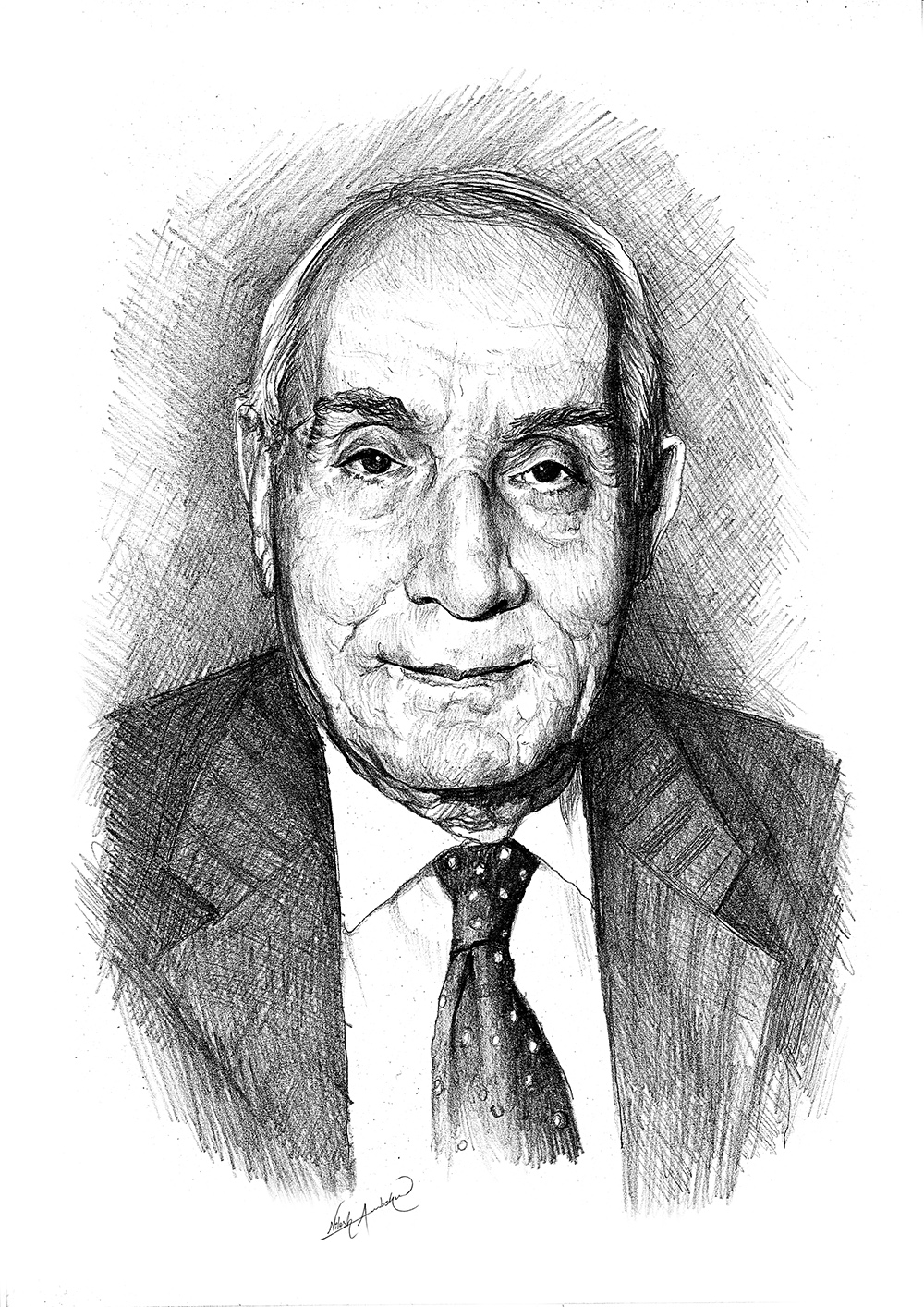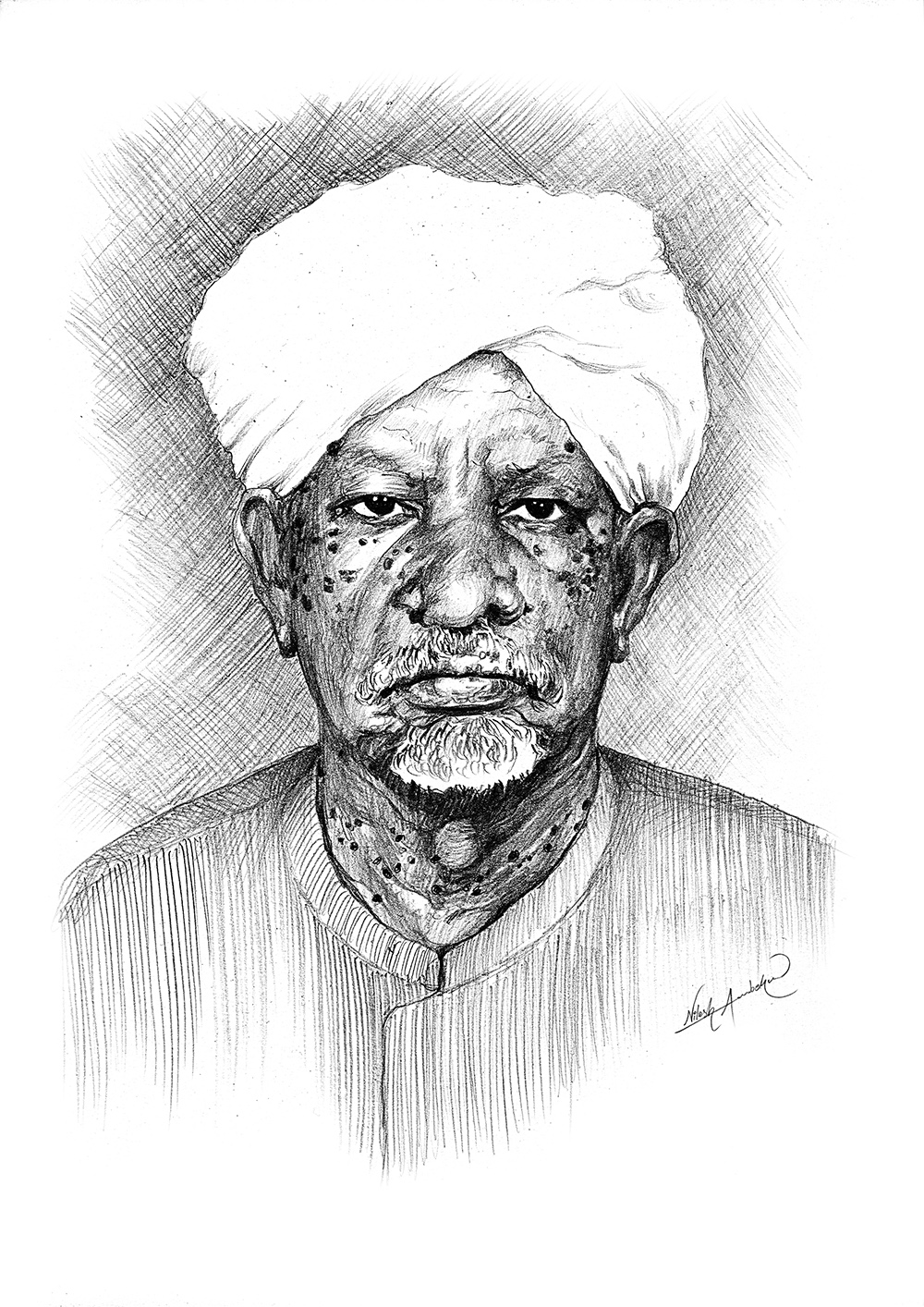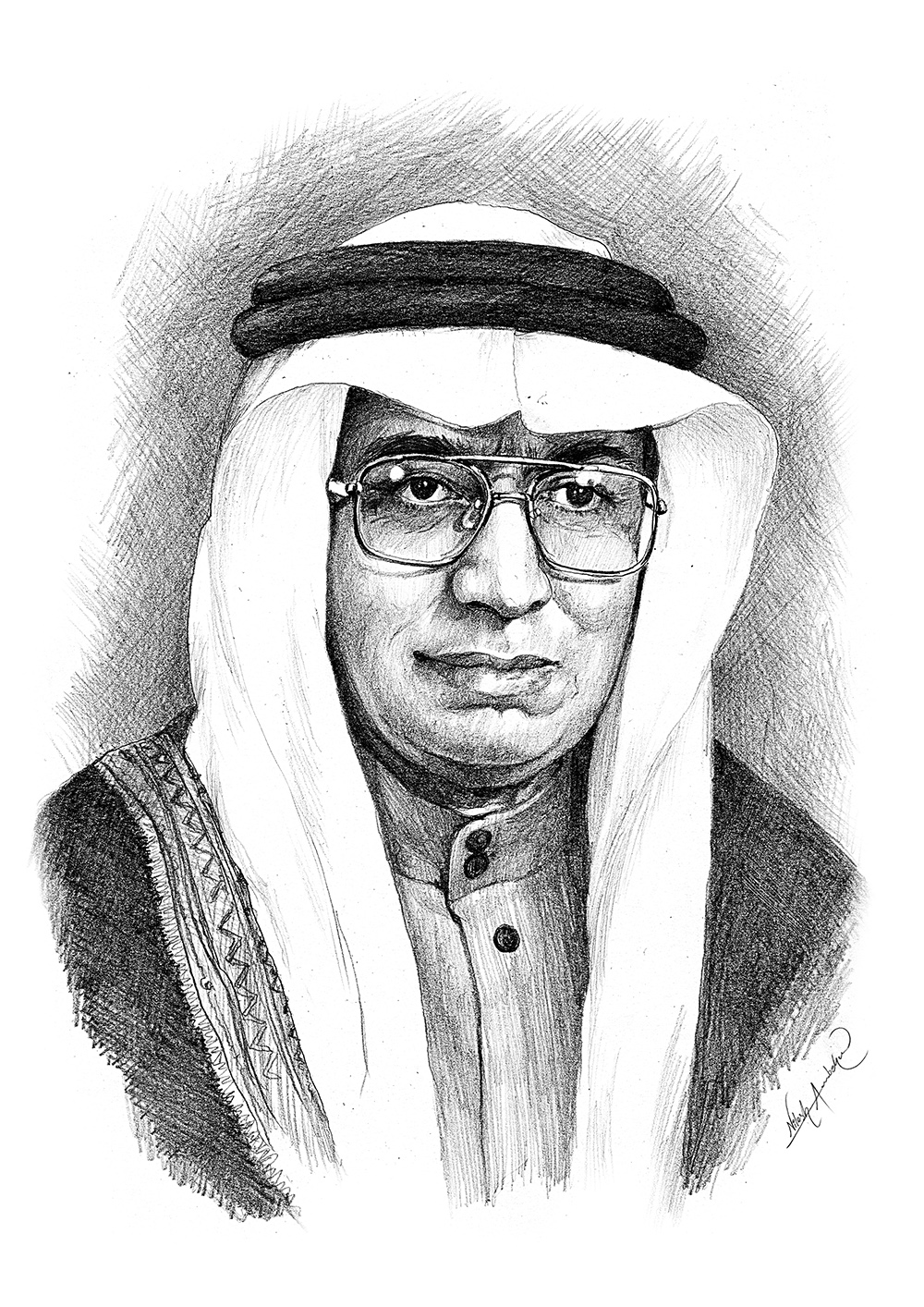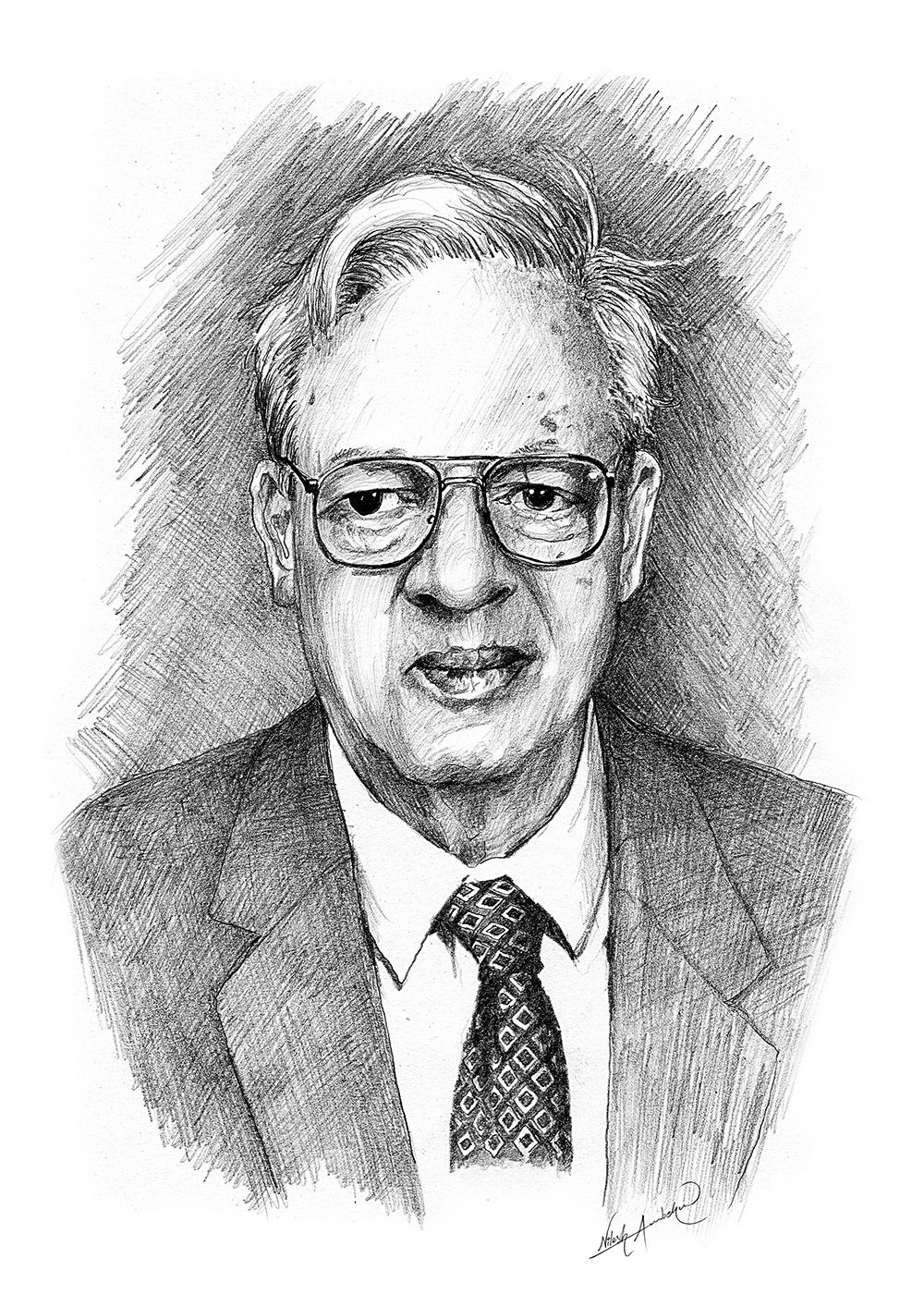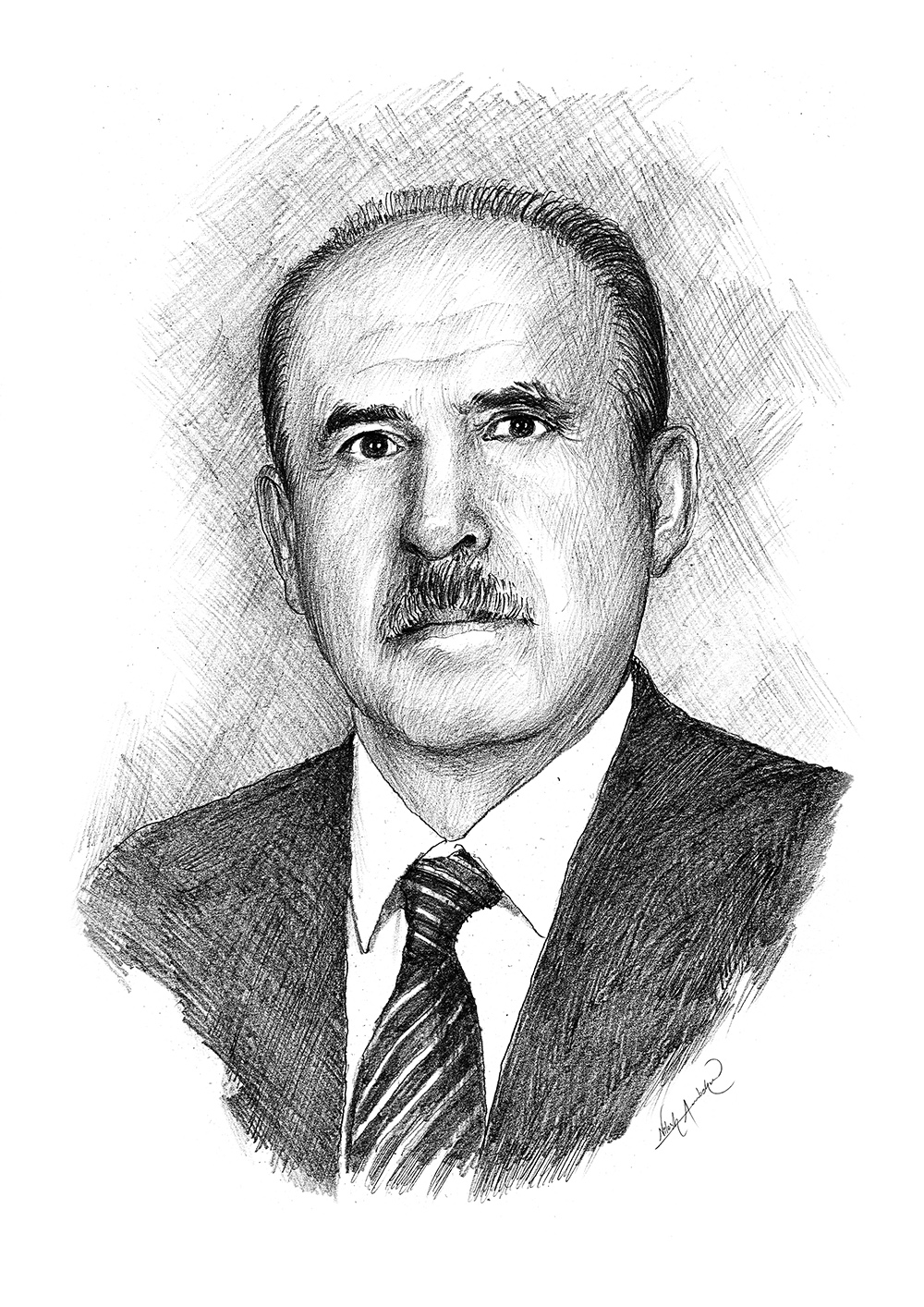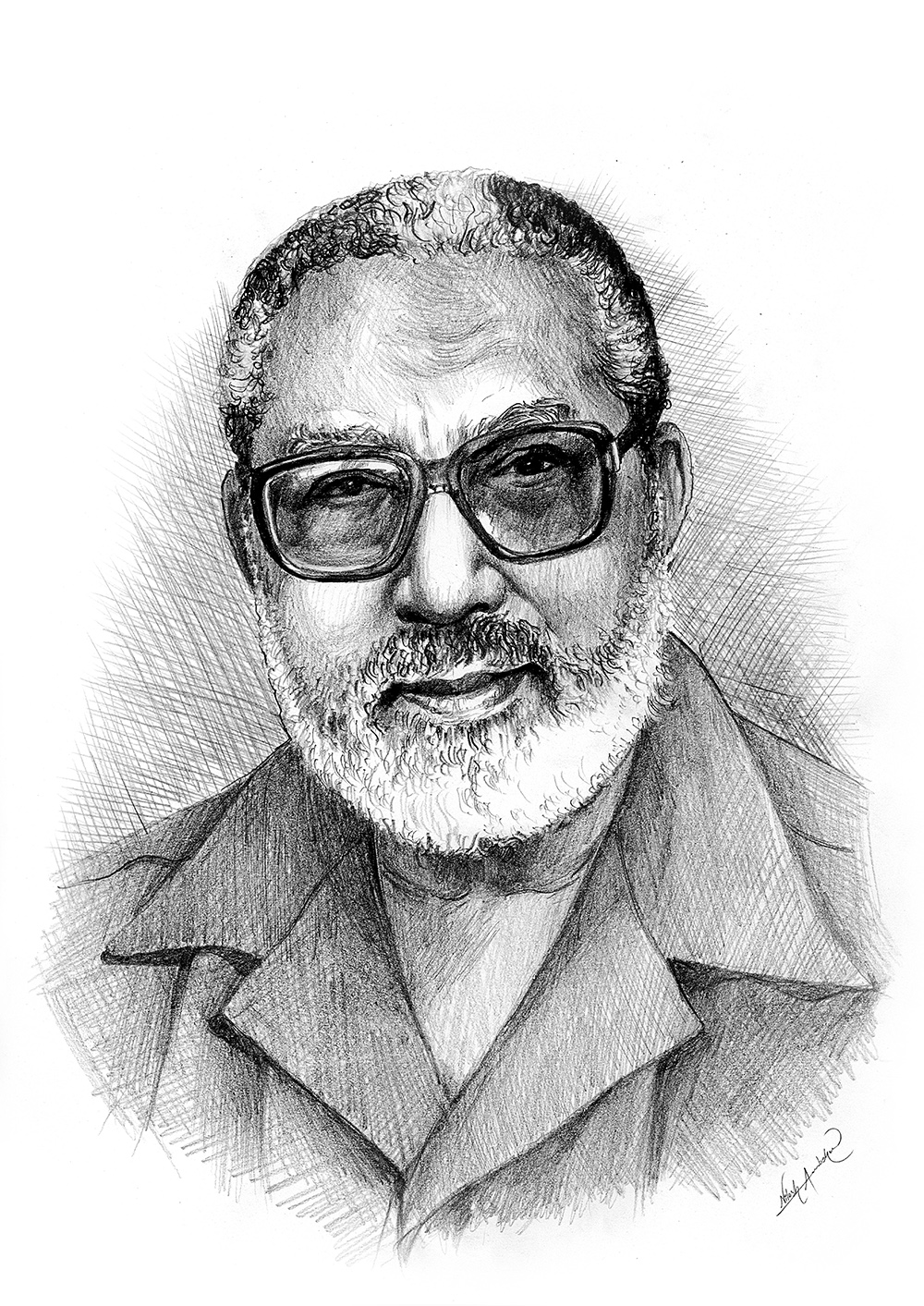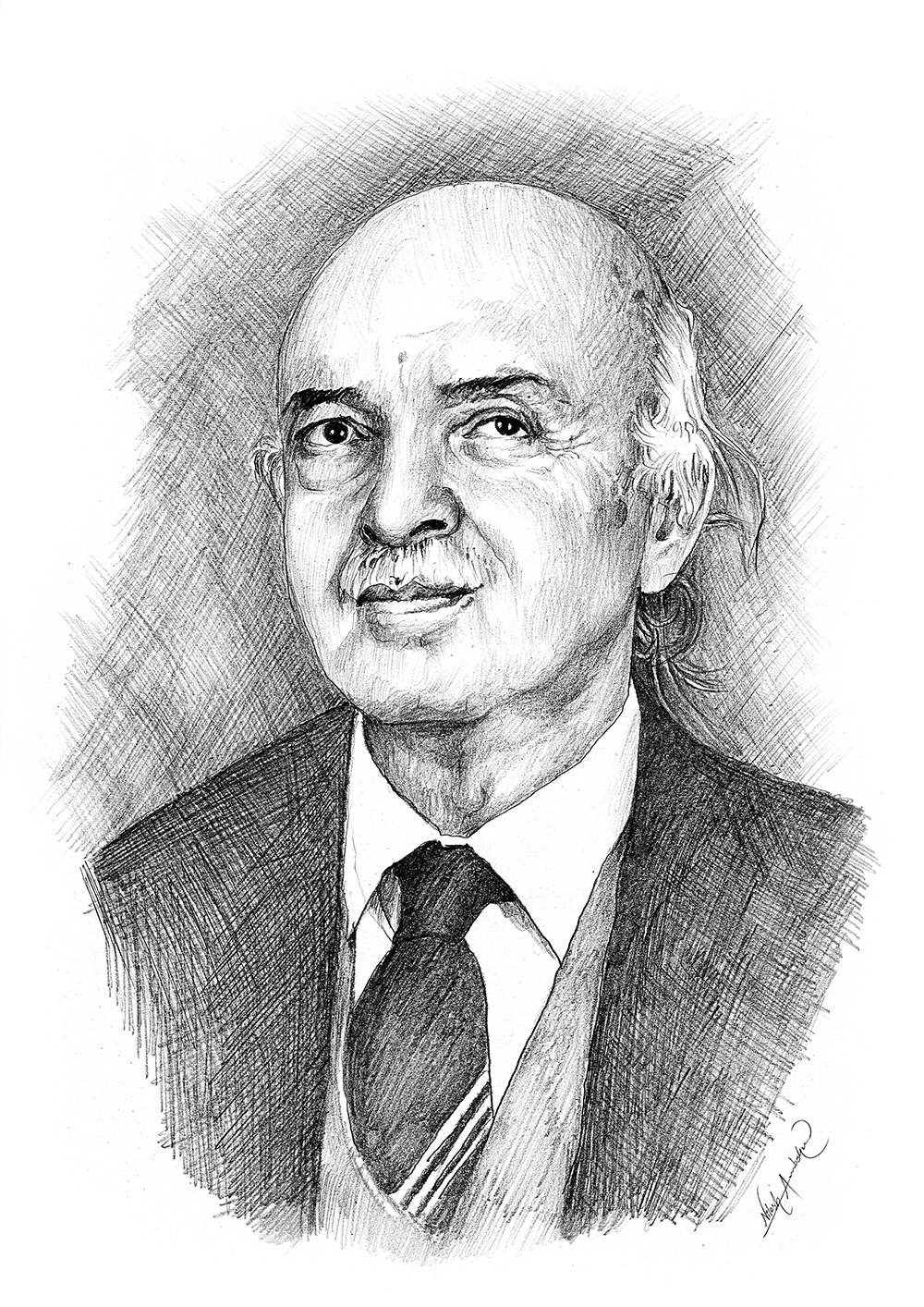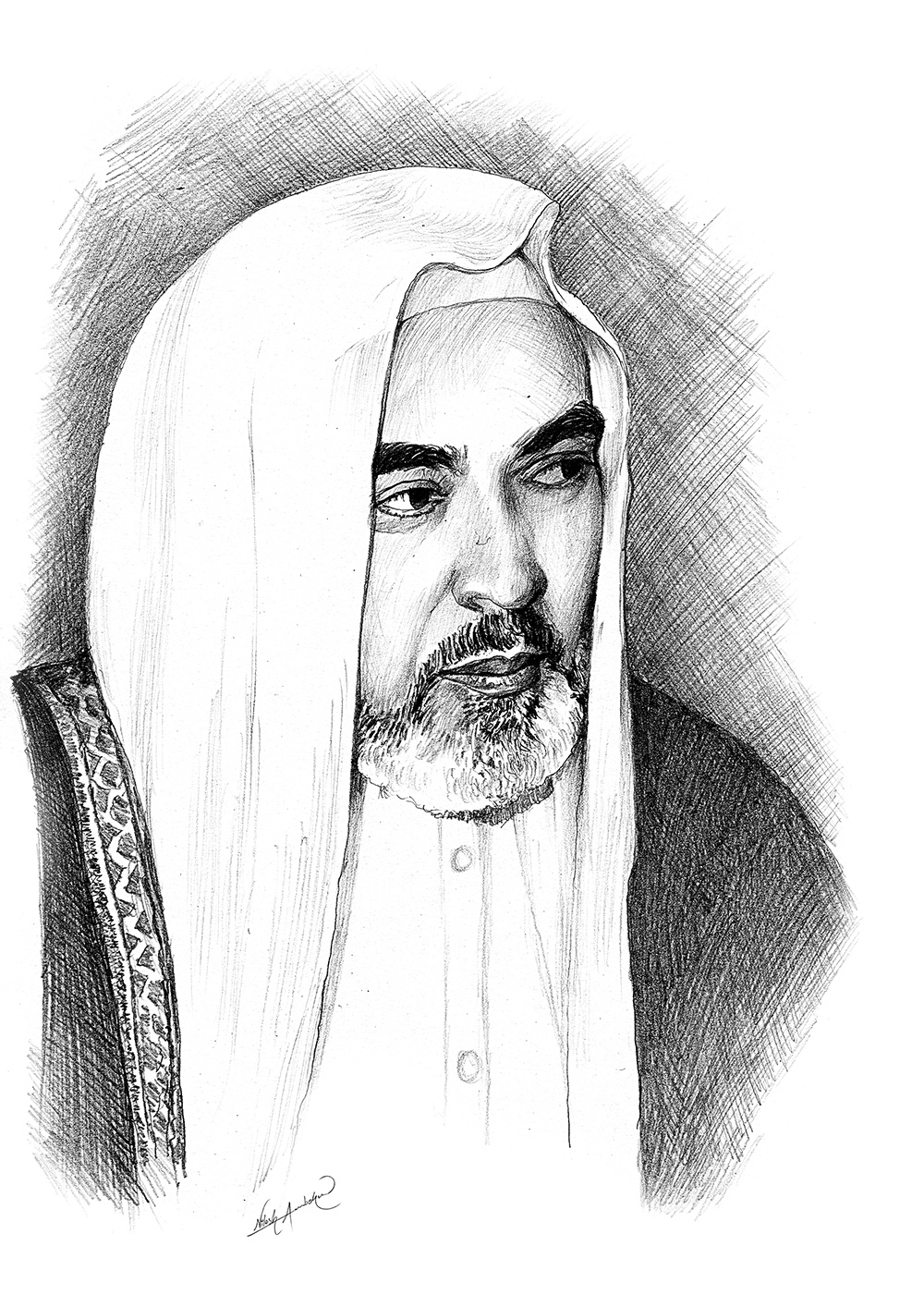Sabiq Al-Tihami studied at Al-Azhar Institute and graduated from the College of Sharia in 1947. He held different administrative and academic responsibilities including a Deputy Director of the Department of Mosques, a Director of the Department of Training and Cultural Affairs of the Egyptian Ministry of Endowments, a Director of the Egyptian Mabarra (an Egyptian Government charitable organization) in Makkah, Saudi Arabia, a Lecturer at al-Azhar Institute in Cairo and finally Chairman of the Department of Sharia, and a Professor of Graduate Studies at Umm Al-Qura University in Makkah.
One of Shaikh At-Tihami’s most important concerns was to present often intricate Islamic laws in a manner that is readily comprehended by students and ordinary Muslims alike. This is best exemplified by his eloquent 3-volume text, Fiqh Al-Sunnah (Sunni Sharia Laws). The style in which this book was written, and the wealth of information it contains, makes it an indispensable source for students throughout the Islamic world. It has been translated into several languages.
Shaikh Al-Tihami authored more than 10 other books andnumerous articles on Islamic laws and other aspects of the Islamic creed, including: Characteristics of Islamic Sharia; Sources of Islamic Sharia; Islamic Doctrines; Our Creed; Elements of Power in Islam, and Call to Islam. He was an active participant in Islamic Conferences; due to his versatile knowledge and lecturing skills, he was frequently invited by Muslim communities in Europe, the United States of America, and the former Soviet Union to lecture.
Shaikh Al-Tihami was awarded Egypt’s Order of Merit (First Class) in 1989 for his lifelong academic contributions and outstanding services to his country.
This biography was written in the year the prize was awarded.

